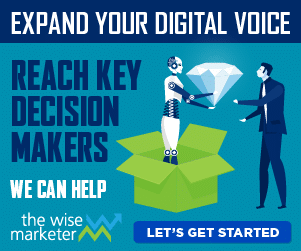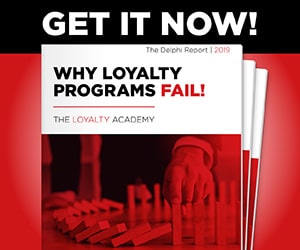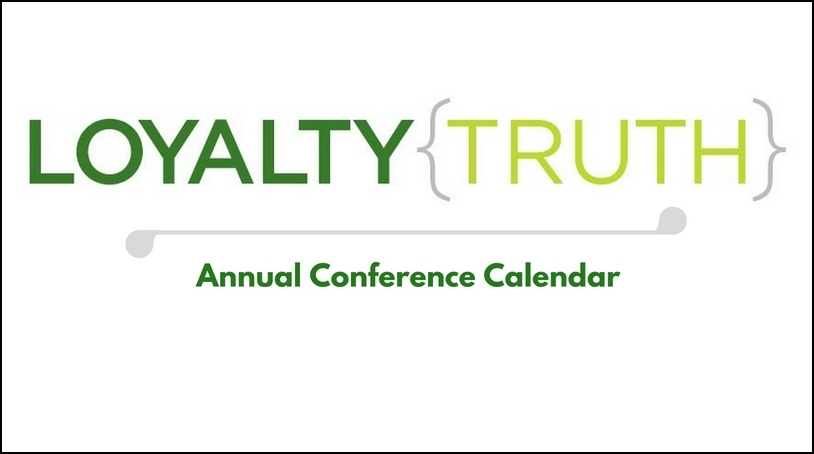Like the first sneeze that hints a cold might be coming on, I’ve been noticing “symptoms” of a tougher marketing environment. Each symptom was evidenced by a person close to me either in the Millennial age group or just a bit younger. The age spans was between 17 – 34.  By the way, we need to remind ourselves that Millennials are not people in the 18-29 age range any more. That was the case when we first started to take notice of Generation Y, back in 2006. Adjusting for the time elapsed to present day, Millennials would be in the range of 24-35. That said, my sources for this piece were Millennials and just a bit younger.
By the way, we need to remind ourselves that Millennials are not people in the 18-29 age range any more. That was the case when we first started to take notice of Generation Y, back in 2006. Adjusting for the time elapsed to present day, Millennials would be in the range of 24-35. That said, my sources for this piece were Millennials and just a bit younger.
Symptoms:
Shrinking Attention Span
I’ve noticed a continuing tendency to reduced attention span. In a presentation this week, I was challenged to distill an already distilled message for brevity, clarity,and to make sure I could keep at least one or two people at a time among a group of 10 with their heads up and hands idle. The compulsion to patter away on Smartphones and tablets has never been stronger, leaving even the most experience presenter doubting whether he/she has successfully captured the attention of an audience.
Distractions
I participated in a dismaying debate over whether texting and driving was “really” dangerous. To get to the point, my Gen Y friend told me that “it’s no different than changing the radio dial” implying that us older older folks have been at risk driving for years in the face of similar challenges. As much as I tried to convince the person that being in a digital conversation that requires constant diversion of eyes from the road was much different – and more dangerous – I could tell I was not winning either the argument or any friends.
Ownership & Entitlement
A news story that Harvard is investigating 125 students for “collaborating” on a spring take-home exam. The discovery that students had fallen prey to collaborating, plagiarism, cheating, on an unsuperivsed exam was alarming, but not ground breaking. The temptation to cheat has always existed among students. The catalyst for my concern was another article that profiled a teacher’s concern that mindsets among the young are shifting. From the article: “I definitely think there’s a mindset problem,” said Carol Baker, curriculum director for science and music in Oak Lawn, Ill.,-based School District 218 and president of the Illinois Science Teachers Association. “Today, kids are used to obtaining any kind of information they want [online]. There are so many things that are free out there. I think kids don’t have the same sense of, ‘Gee, it’s wrong to take something that somebody else wrote.’ The Internet encourages all of us to do that.”
Attention span, distraction, and ownership.
These are three fundamental shifts in the human psyche that will influence not just how we interact with each other, but impact our success in getting the “right message to the right person in the right channel”. Even if we do send the most relevant message to the targeted consumer in their favorite channel, its impact might be nullified by distractions amid a barrage of multi-tasking. When a message and offer do register, the longer lasting impact to build brand loyalty might be harder to achieve. As people continue to build their sense of entitlement, it becomes harder to create a value exchange that results in increased loyalty.
People are changing in many ways and the result is a consumer which is increasingly difficult to predict, engage, and make appreciative. Maybe adding an anthropologist to your decision sciences group is not as outrageous an idea as it may first appear.




